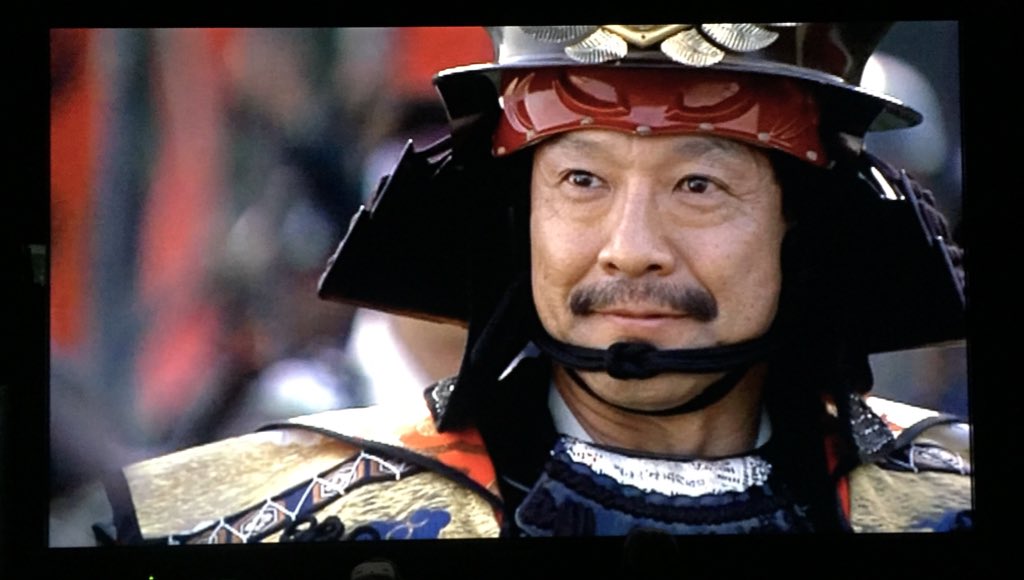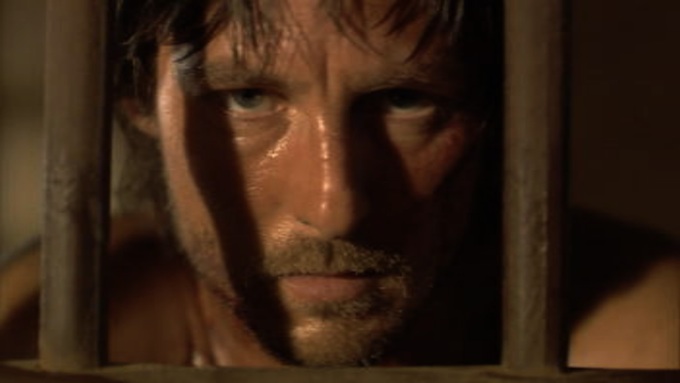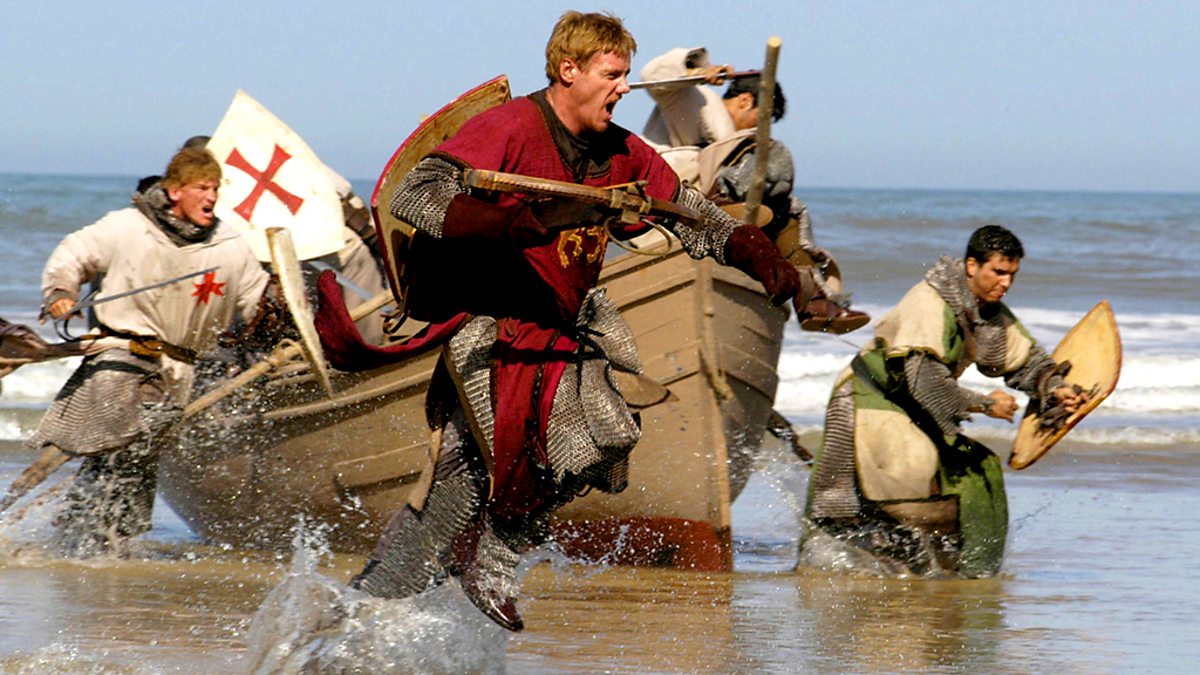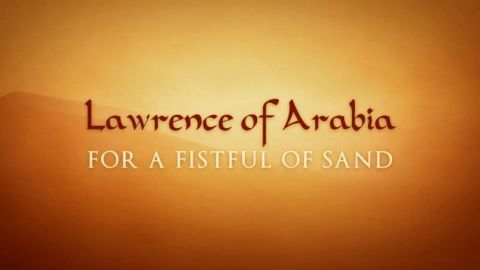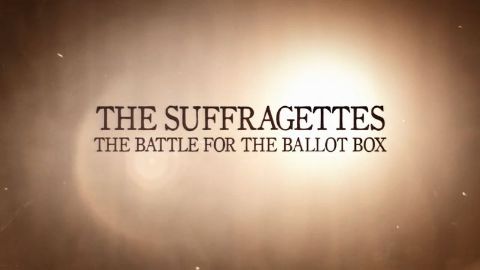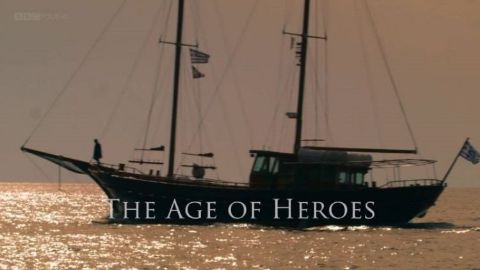Richard the Lionheart • 2007 • episode "S1E5" • Warriors: Great Men of History
Drama-documentary about Richard the Lionheart. Was he the heroic warrior of Robin Hood? Or was he just a greedy thug who wanted to loot the Holy Land? Revisionist history suggests that Richard was neither- an extremist Christian, he struggled to lead a fractious international coalition against an impenetrable Muslim stronghold. Saladin used scorched earth tactics which spread dissension through the Crusaders' ranks. Gradually, Richard's coalition fell apart and he returned a failure. In 1191, the English King Richard the Lionheart is just one of several leaders of the Third Crusade to retake Jerusalem. His adversary, the aging Egyptian statesman and empire founder Salah-ad Din, had conquered the pilgrimage city a few years earlier. Before the decisive battle of Arsuf, all signs actually point to a dramatic defeat for the crusaders. But Richard keeps his troops together - it will be the greatest triumph of the warrior king.
Make a donation
Buy a brother a hot coffee? Or a cold beer?
Hope you're finding these documentaries fascinating and eye-opening. It's just me, working hard behind the scenes to bring you this enriching content.
Running and maintaining a website like this takes time and resources. That's why I'm reaching out to you. If you appreciate what I do and would like to support my efforts, would you consider "buying me a coffee"?
Donation addresses
BTC: bc1q8ldskxh4x9qnddhcrgcun8rtvddeldm2a07r2v
ETH: 0x5CCAAA1afc5c5D814129d99277dDb5A979672116
With your donation through , you can show your appreciation and help me keep this project going. Every contribution, no matter how small, makes a significant impact. It goes directly towards covering server costs.

